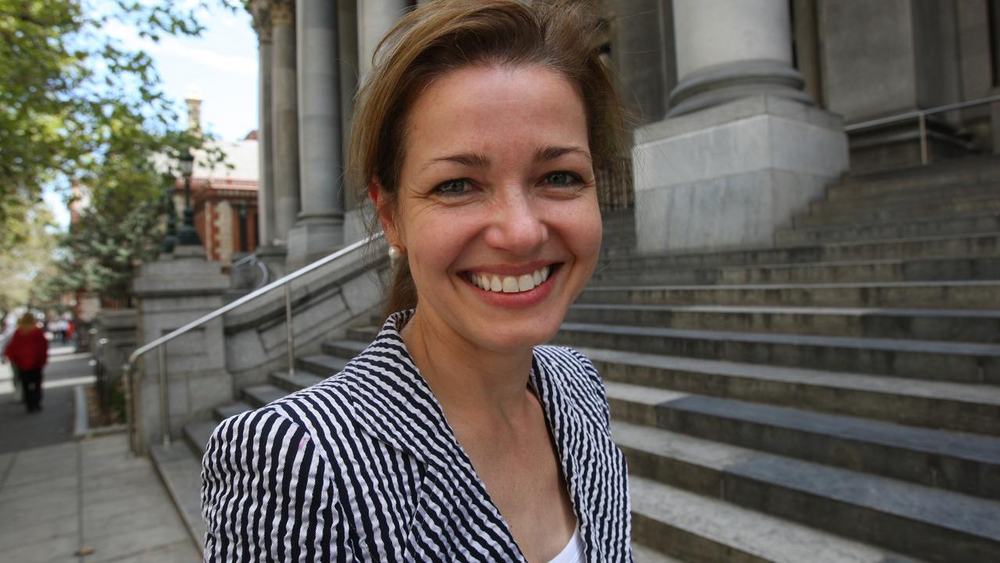Bourke, Cobar and Coonamble worst in country for lack of access to mental health services
Luke Williams
02 April 2024, 8:20 PM
 Image: RFDS
Image: RFDSA new report from the Royal Flying Doctor Service says that Bourke, Cobar and Coonamble have the highest number of people without access to mental health in Australia.
The Best for the Bush 2023 reports says there is ‘alarming’ crisis facing rural communities, saying "where the health need is greatest, there is the lowest supply of health professionals".
The report said that 101,963 people did not have access to general mental health services across Australia, with the highest numbers of people without access in the regions of Bourke - Cobar - Coonamble, New South with 9,782 people without access.
The report also showed the high number of people unable to access a GP when sick in rural Australia. The net result is that rural Australians are crowding out emergency rooms.
’.
"When compared to people with these conditions who live in major cities, people living in remote and very remote areas were 1.3 and 1.9 times, respectively, more likely to be hospitalised (public and private hospitals combined)." the report said.
"The Best for the Bush report demonstrates the massive health underspend in rural areas that contributes to a heavy burden of disease and shorter life expectancy. Most of these diseases are preventable with better access to primary health care,” said National Rural Health Alliance Chief Executive Susi Tegen.
It follows a 2023 report commissioned by the National Rural Health Alliance (NRHA) identified a gap of $6.55 billion in funding health expenditure between major city residents and rural and remote Australians in 2020–21.This translates to a health funding shortfall of $848.02 per person in rural and remote Australia.
The NRHA report also showed people living in the most remote parts of our country were likely to die 14.3 years earlier than their counterparts in major cities: 13.1 years earlier for males and 16.0 years earlier for females.
The RFDS recommends that:
- The Australian Government, through the Australian Institute of Health and Welfare, should lead a process to define “reasonable access” to primary healthcare services.
- The Australian Government should lead the development and publication of a detailed, targeted plan to deliver reasonable access to primary healthcare to every Australian living in rural and remote Australia.
- The Australian Government, working with State and Territory Governments, should lead the development of a National Compact on Rural and Remote Health.
“We stand with the RFDS in its recommendations for expanded health funding that would help remove barriers to healthcare access. It’s important to agree on a definition for ‘reasonable access’ to health care. The Alliance and others are working to develop minimum standards for healthcare access and we’re keen on taking this project forward with the government" Ms Tegen said.

Susi Tegen. Image: The Australian
“We propose the Primary care Rural Integrated Multidisciplinary Health Services (PRIM-HS) model, which addresses the complexities in rural and remote community health service delivery, as each rural community has different health needs.
"The PRIM-HS model should be one of the targeted plans for rural and remote healthcare, as the Best for the Bush report recommends, ensuring local planning and leadership in healthcare delivery.”
If you need support please call:
Lifeline: 13 11 14
Beyond Blue: 1300 22 46 36



